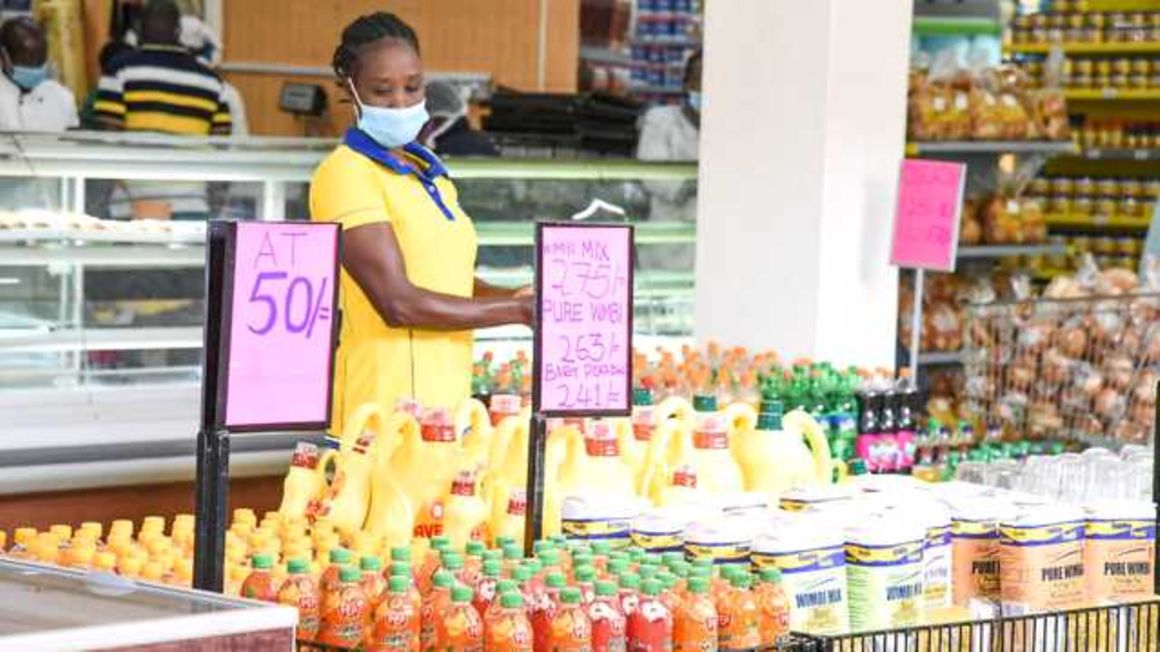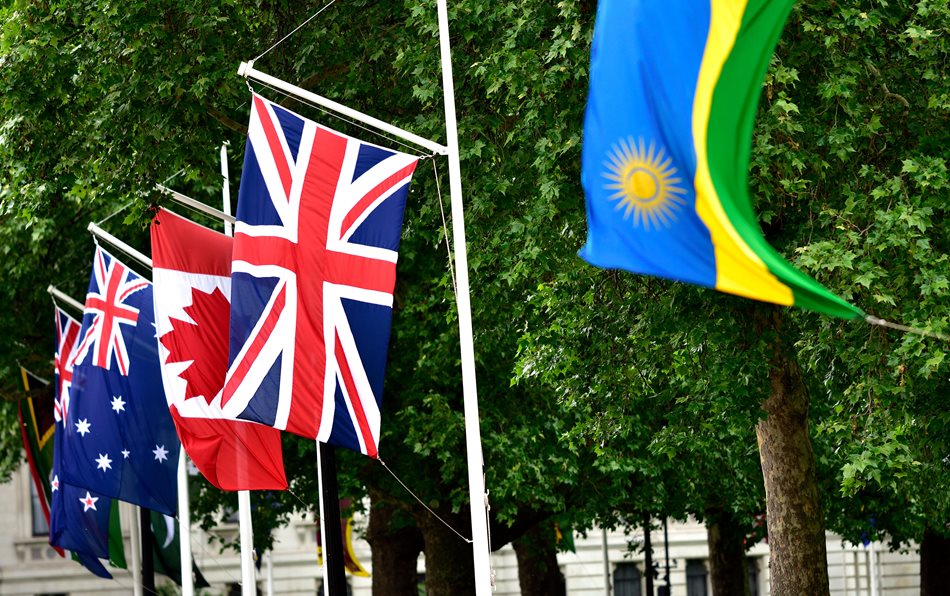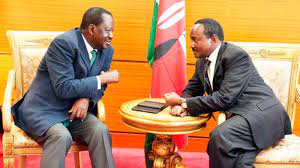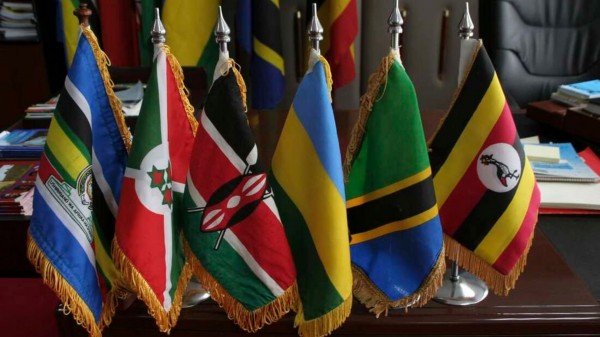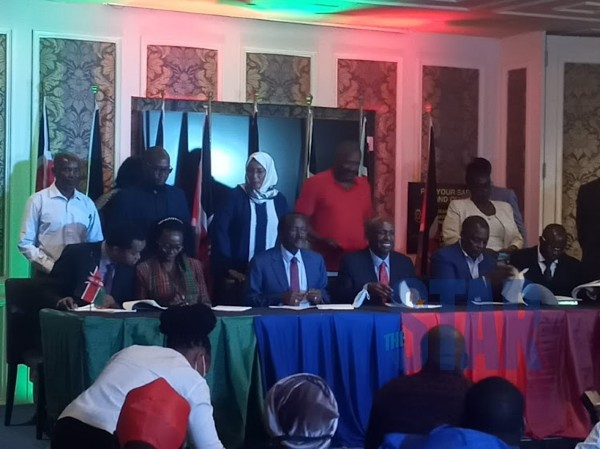Regional
Protais Zigiranyirazo, a mass murderer without remorse wanders
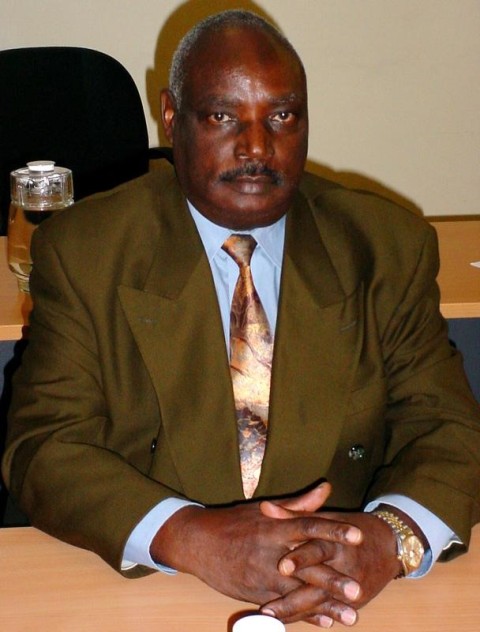
Protais
Zigiranyirazo, alias Monsieur Z, or Mr Z, was born in the former Giciye
Commune, in western Rwanda, on February 2, 1938. He is one of the nine convicts
who have yet to find a country that accepts their stay, other than Rwanda whose
doors are always open.
Mr.
Z’s was a very influential brother-in-law of former President Juvenal
Habyarimana. He was a businessman and a feared politician. He was a member of
the Zero Network, a brutal secret organization made of death squads accused of
murdering opponents.
Zigiranyirazo,
84, was the Prefet (Governor) of Ruhengeri province for 17 years since 1973
when Habyarimana took power in a Coup d’Etat.
He was one of the most influential members of the ‘Akazu’ (Habyarimana’s inner circle) which was controlled by his sister– Habyarimana’s widow-– Agathe Kanziga and her family. Kanziga lives in France despite being wanted by Rwanda for crimes of genocide.
Between
1974 and 1989 Zigiranyirazo served as governor of Ruhengeri. Owing to being the
brother of Kanziga, Habyarimana’s wife, he was well-connected to the Hutu
establishment of politicians, businessmen and military officers who then
controlled Rwanda.
In
1989, he resigned his position as Prefect to study at the Université du Québec
à Montréal (UQAM) in Montreal, in Canada. He was expelled from UQAM, and from
Canada, in 1993 after being convicted of uttering death threats against two
Tutsi refugees in Montreal, who accused him of participating in the planning of
genocide against the Tutsi.
After
1994 and until July 2001, he resided in Nairobi, Kenya.
On July 21, 2001, the man who masterminded the savage murder of Dian Fossey, the US zoologist made famous by the film Gorillas in the Mist, was arrested in a Brussels airport while travelling with a fake French passport and seeking asylum in Belgium.
Zigiranyirazo ordered Fossey’s death in December 1985 because of her campaign against the poachers killing the mountain gorillas she loved.
Fossey's mutilated body was found in her cabin at the Karisoke research centre in Rwanda, the isolated park where she monitored the gorilla population for 18 years.
She
had been hacked to death with a machete, the same tool the genocidal regime
supplied to hundreds of Interahamwe militia to carry out the massacres of the
Tutsi during the 1994 genocide.
Fossey's
case received worldwide attention in 1988 when Sigourney Weaver played her in
the film Gorillas in the Mist.
On October 4, 2001 the Belgian government
handed him over to the International Tribunal for Rwanda (ICTR). Established by
the UN in November 1994, the latter was the first international court of law
established to prosecute high-ranking individuals for massive human rights
violations in Africa.
Zigiranyirazo
stood trial for his role in planning, preparing, and facilitating attacks on
the Tutsi in 1994 by establishing roadblocks in proximity of his three homes
and by creating and supporting the Interahamwe militia. In addition,
Zigiranyirazo stood trial for his involvement in the killings of the Tutsi at
Kesho and Rurunga Hills, in western Rwanda, and for the murders of three police
officers and one Stanislas Sinibagiwe. The prosecution charged Zigiranyirazo
with direct responsibility for genocide, conspiracy to commit genocide,
complicity in genocide, extermination as a crime against humanity, and murder
as a crime against humanity.
In
2008, an ICTR Trial Chamber convicted Zigiranyirazo of genocide and extermination
as a crime against humanity for his participation in a joint criminal
enterprise to kill Tutsi civilians on Kesho hill on April 8, 1994. In addition,
the Trial Chamber convicted Zigiranyirazo of aiding and abetting genocide at
the Kiyovu roadblock in Kigali.
In
2009, the ICTR Appeals Chamber reversed Zigiranyirazo’s conviction for genocide
and extermination as a crime against humanity on the grounds that the Trial
Chamber missapplied the burden of proof with respect to alibi and that the
Trial Chamber erred in its handling of the evidence. Accordingly, the Appeals
Chamber reversed Zigiranyirazo’s 20-year sentence.
In
November 2009, much to the disappointment of the prosecution, the appeals court
overturned Mr Z’s convictions of genocide and crimes against humanity on
procedural grounds. This means that though he was acquitted, he’s not an
innocent man.
In
Stepp’d in Blood, British Researcher, and writer Andrew Wallis, also accuses
Zigiranyirazo of masterminding the assassination of Fossey, in 1985.
He
wrote: “Unfortunately for her and the rare animals (gorillas) she lived among,
this particular region of Ruhengeri prefecture was also a highly profitable
route to smuggle gold, diamonds, minerals, and drugs was via Ruhengeri and up
to the Volcano National Park into Zaire.’’
Spoils
from this illicit trade were shared around the president’s family. “A
substantial share was alleged to end up in the deep pockets of Z.”
Fosssey
was a stumbling block to Z’s illegal trade. This explains why he arranged her assassination.
She was aware that a baby gorilla could fetch upwards of $30,000 on the black
market, with equal sums paid for body parts - especially the head, hands and
feet.
On
New Year’s Eve 1977, Fossey found her favourite silverback, Digit, dead – butchered
by poachers who had cut off his head and his hand to sell as souvenirs.
Apart
from genocide and crimes against humanity, Mr Z stands accused of facilitating
the murder of Hutu politicians who served under the regime of President
Gregoire Kayibanda. These were detained at Nyamagumba prison in Ruhengeri. It
is believed that President Habyarimana might have appointed Mr Z as Prefect of
the area to oversee the elimination of these politicians.
Like
the other former convicts who are now in limbo, Zigiranyirazo had hoped to join
his family in Belgium.
As
was true of Cain’s punishment in the Bible, there are similarities with these
unrepentant mass-murderers now condemned to a life of wandering.


